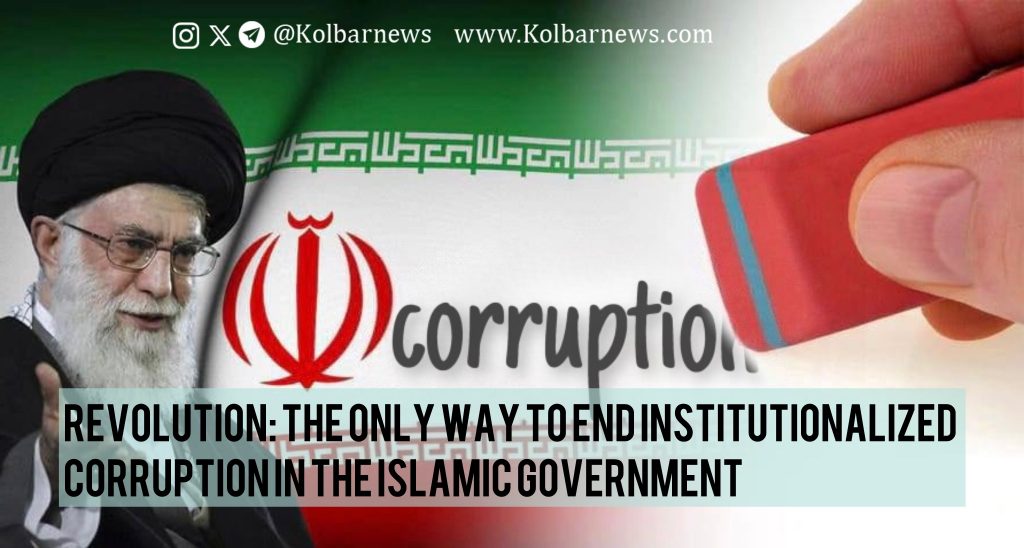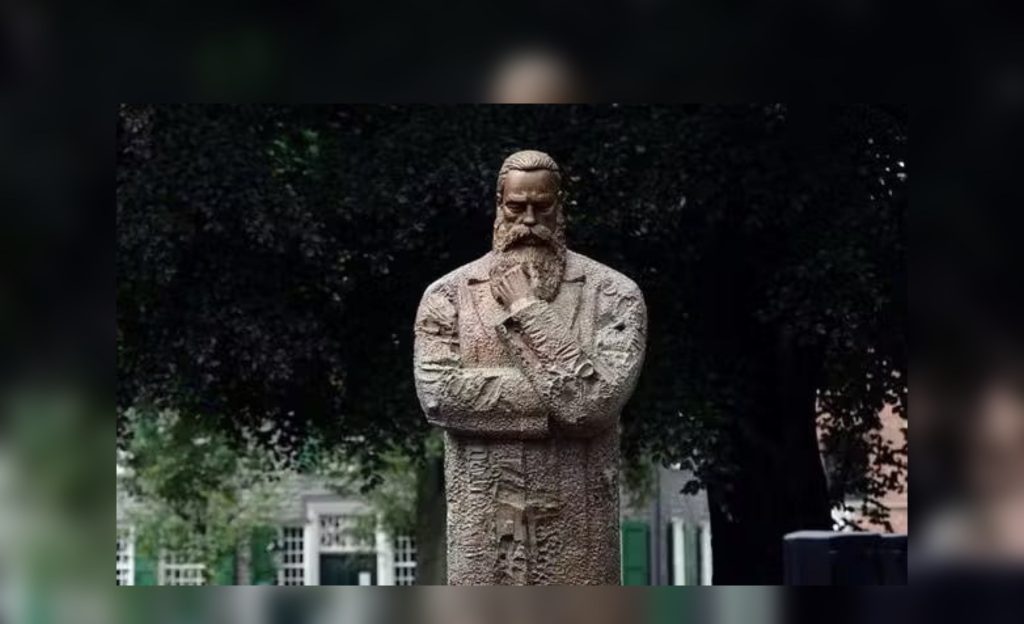
The extent of corruption in the Islamic Republic of Iran is so vast and its forms so varied that it is unmatched in most parts of the world. Transparency International has ranked the regime as one of the most corrupt governments globally. Billion-dollar thefts by the highest-ranking individuals close to the ruling circle, sometimes revealed due to internal competition within governmental factions, have become the norm and a well-known aspect of financial corruption in the Islamic Republic. This administrative and financial corruption has permeated not only the public, economic, and executive sectors but also the sports, private, non-governmental, and even the official arts and cinema arenas. This fact is one of the reasons for the decay of this regime. The situation has reached a point where even Khamenei has acknowledged its extent. In his latest speech to Raisi’s previous cabinet, lamenting the deteriorating relationship with the people and their estrangement from the regime, he said: “We suffer from these favored ones around us.” Of course, he deliberately ignores the mechanism of keeping these individuals close to the regime and even unleashing those who act independently to oppress the people, allowing them to take whatever they want from this spoils of war. When the ideology and belief in the rewards of the afterlife no longer hold value for his associates, they all scramble to create their own paradise in this world, greedily consuming everything within their reach to compensate for the past.
A look at recent decades’ history shows that unprecedented thefts and enormous wealth, amassed at the expense of increasing poverty and destroying the lives of millions of deprived masses, have filled the pockets of a handful of corrupt leaders of the Islamic Republic. This issue is undeniably intertwined with the ruling capitalist system and the reactionary relations resulting from it in the society under this regime’s domination. Throughout the despotic life of the Islamic Republic, ruling governments and their factions have without exception exploited state privileges and power to engage in such crimes to plunder the country’s wealth and public assets, bribery, and rent-seeking. Due to the full dictatorship’s rule in society and the presence of a corrupt judicial system, there is no possibility of inspection and auditing. In the 45-year history of the Islamic Republic, tens of thousands of cases of corruption, embezzlement, theft, and looting have occurred, most of which have involved government officials, IRGC commanders, clerics, or their support. During this entire period, officials at the core of power, clerics, and the corrupt judiciary have either directly participated in these corruptions or remained silent in the face of these crimes, while raising their voices to the heavens over a few strands of women’s hair, savagely attacking women and girls who choose to dress freely.
The source of all extensive corruption, embezzlement, and bribery in the Islamic Republic is the existence of this reactionary system. As long as the despotic Islamic Republic regime remains in power, workers and the impoverished masses of society cannot hope for an end to this institutionalized corruption or an improvement in their living conditions. Instead, they will witness increased poverty, higher unemployment, and more widespread corruption. In this situation, only the workers and oppressed people of Iran can change these conditions. The revolutionary movement “Woman, Life, Freedom” has shown the way; this path must be pursued persistently until its real content is achieved.

